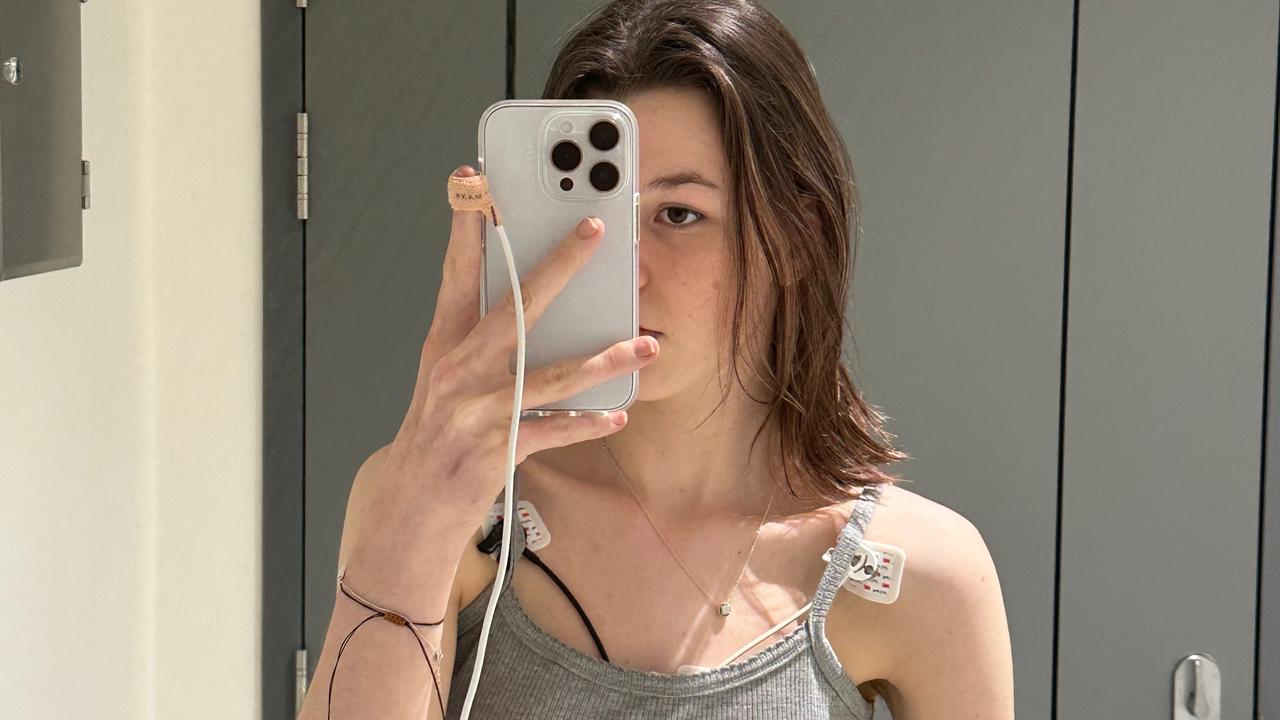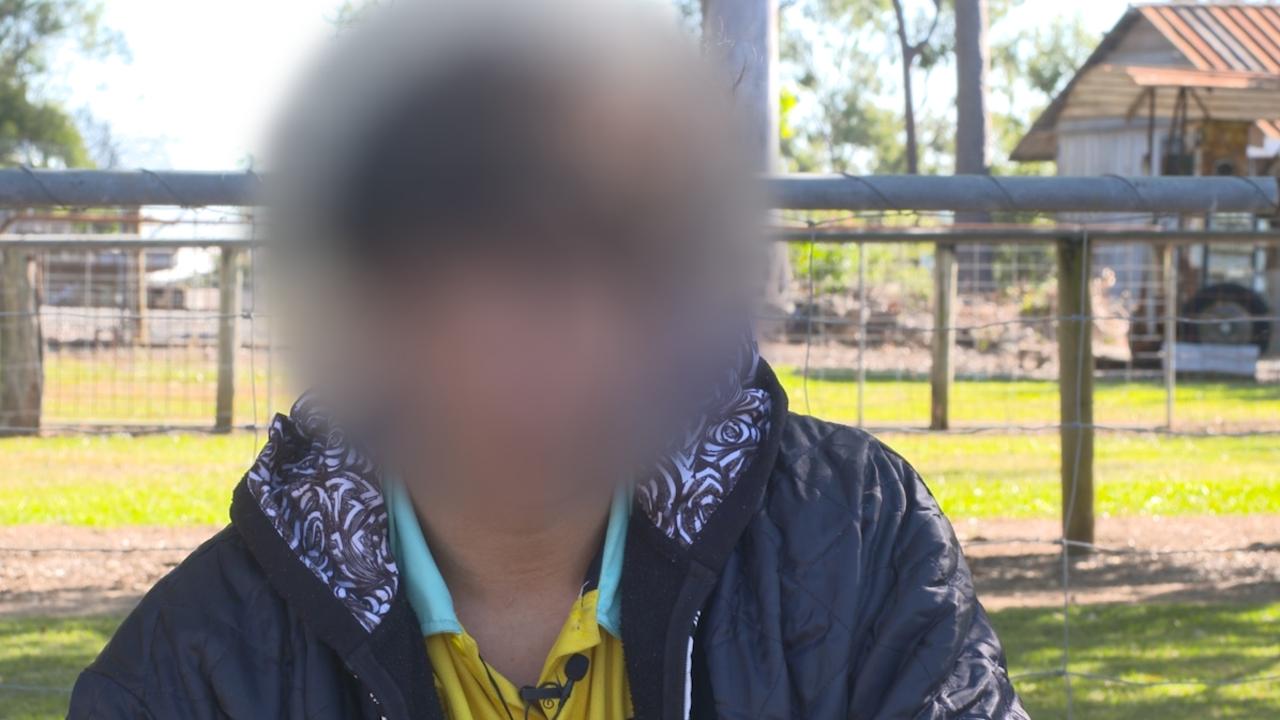How restaurants are future proofing to adapt to Covid restrictions in the future
“We thought restrictions would end.” But it doesn’t look like they will, and it’s forced SA restaurants and cafes to rethink nearly everything.
Coronavirus
Don't miss out on the headlines from Coronavirus. Followed categories will be added to My News.
Hospitality venue owners are “future proofing” their businesses with an increased focus on flexible floor plans that can adapt to ever-changing Covid-19 restrictions.
As density limits continue to hinder the industry, new restaurants including Aurora in Light Adelaide and the relocated Soi 38 on Pirie St have designed venues to accommodate reduced patron numbers without sacrificing dining atmosphere.
Amanda Pepe, Light Adelaide chief executive, said hospitality owners would be “mad” not to take restrictions into consideration when building new venues, with capacity rules likely to be a long-term issue.
“It’s a clever design; the space is designed to feel intimate, which means even when we’re at reduced numbers, it doesn’t feel like you’re sitting in a barn with three people in it,” she said of Aurora, which opened earlier this year.
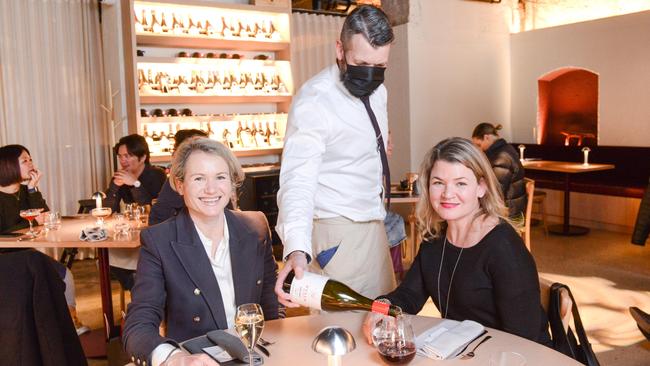
“We have little nooks and niches in the wall that allow people to still feel like the restaurant could be full even if it’s only at quarter capacity.”
The restaurant has also changed their booking times to allow for a thorough clean between each sitting and waiting staff serve only one section each shift to limit contact with diners.
“We have that environment that makes people feel cocooned, distanced and safe at the same time,” Ms Pepe said.
Popular Thai eatery Soi 38 moved to its new location on Pirie St on July 20 – the day before the state was plunged into a seven-day lockdown.
While conceding the situation was “very stressful”, co-owner Daisy Miller said the restaurant was well placed to deal with the challenges of ongoing patron density limits.
“We wanted to look at a space where if we had restrictions, we could still have a reasonable number of seats in the restaurants to keep our team employed,” she said of Soi 38, which seats about 56 people at 75 per cent capacity.
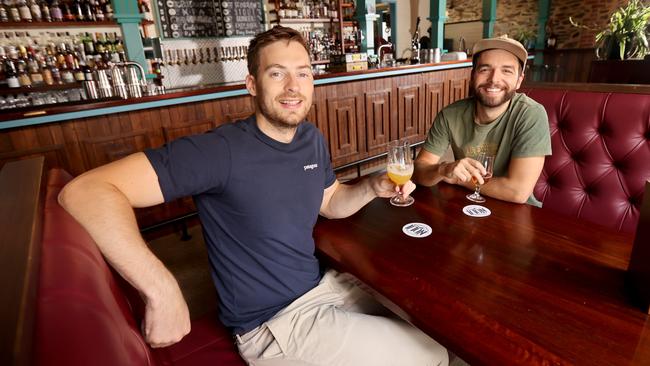
“We also needed a space that worked for big groups as well, so we made sure we had a wider area in the middle of the room so we could really spread people out if we needed to. It’s all one big open plan but we can use the space more easily – it gives us more flexibility.”
Pubs and restaurants were able to return to 75 per cent capacity for seated diners from midnight last Wednesday.
But Oliver Brown – part of the team behind several businesses around Adelaide including NOLA, Anchovy Bandit and the new Bowden Brewing in Plant 3 – said accommodating those patrons was a big challenge.
“Most venues, and bars in particular, don’t even have enough seats or sitting space to fit 75 per cent without standing,” he said.
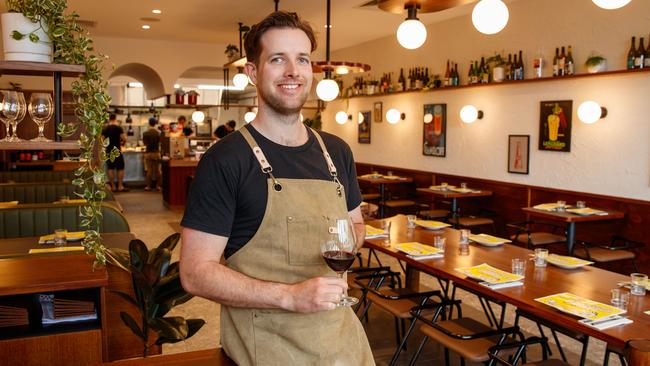
“We always thought restrictions would come to an end so we didn’t want to design our venues around current rules.
“But now we’re definitely thinking about segmentation and how we can create more comfortable spaces for people to sit even when there are restrictions.
“That’s been a big part of trying to future proof more restrictions for us.”
This year, Mr Brown expanded his Prospect Rd restaurant Anchovy Bandit and opened up a new daytime eatery/continental deli, Bottega Bandito, in the space next door. Despite the restrictions, he said there was more confidence in the hospitality industry than ever.
“Every time we open back up (after a lockdown), people are busting at the seams to get out there. That was a phenomenon I wasn’t expecting,” he said.
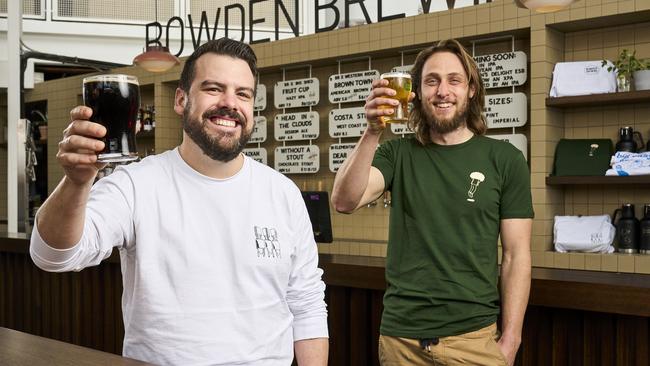
“I thought people would be more cautious. But people aren’t taking it for granted.”
As more venues open for business during the pandemic, Ms Miller said many in the industry were undaunted by the situation.
“Hospitality is at the heart of this state. It’s hard work and it’s a tough industry but we’re all drawn to it,” she said.
“We know it’s difficult but we got through 2020 and we still want to offer these experiences to people.”


